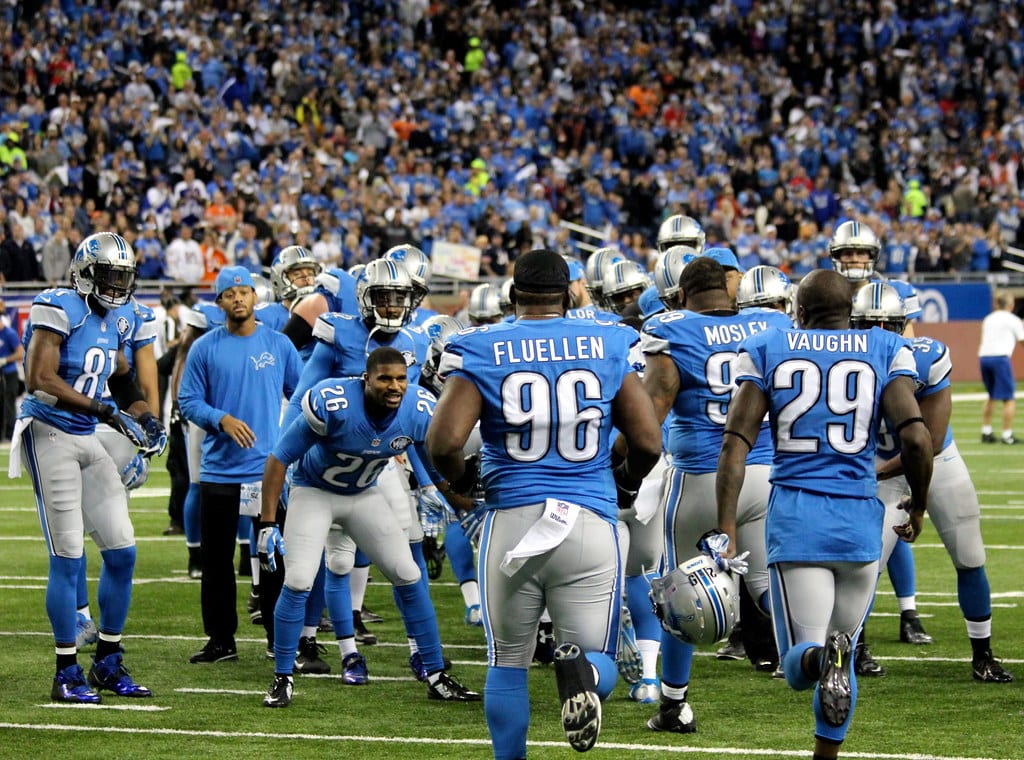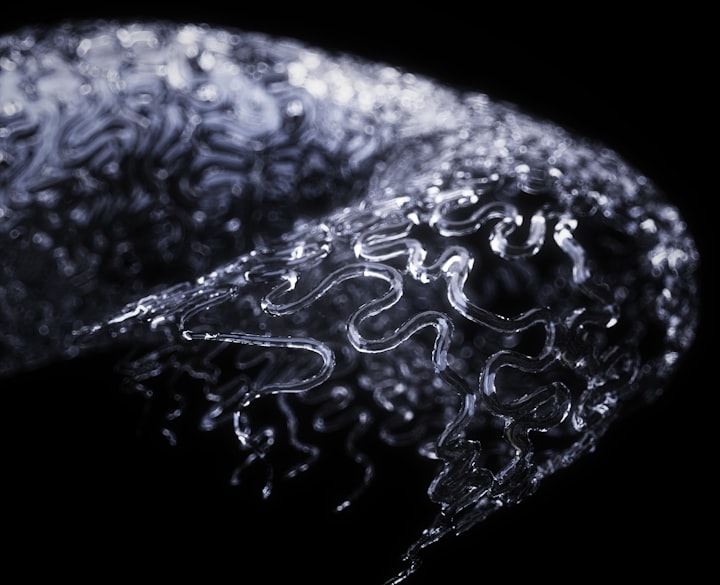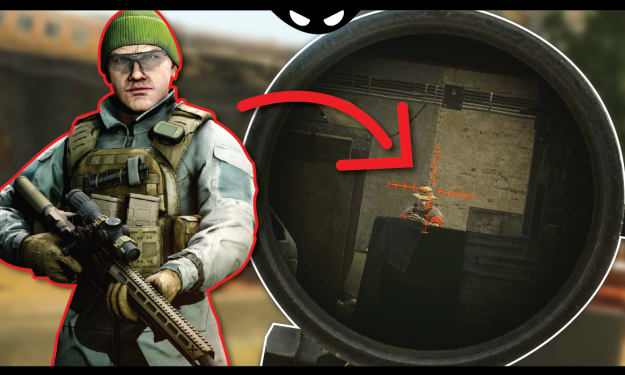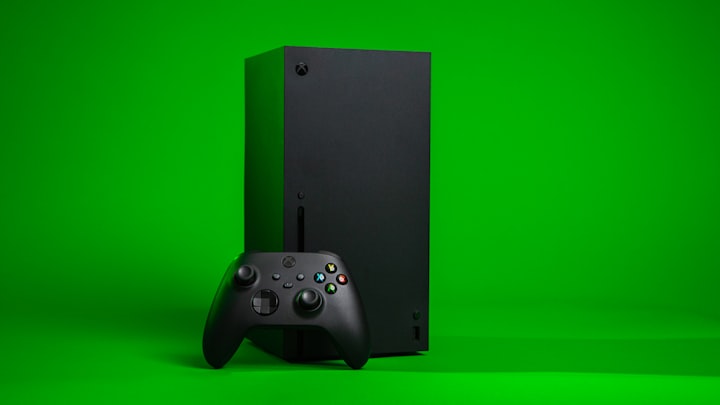
The Detroit Lions, a prominent name in the National Football League (NFL), carry a legacy and history that intertwine with a few distinguished names in ownership. Understanding the ownership of this esteemed franchise sheds light on its journey, culture, and community impact.
1. Introduction to the Detroit Lions
Established in 1930, the Detroit Lions have marked their territory in the NFL as a team with a rich history and a fervent fan base.
The franchise, originating from the Portsmouth Spartans, moved to Detroit in 1934 and has since been an integral part of the city's sporting identity.
The Detroit Lions, a prominent name in the National Football League (NFL), carry a legacy and history that intertwine with a few distinguished names in ownership.
Understanding the ownership of this esteemed franchise sheds light on its journey, culture, and community impact.
1. The Detroit Lions
Established in 1930, the Detroit Lions have marked their territory in the NFL as a team with a rich history and a fervent fan base.
The franchise, originating from the Portsmouth Spartans, moved to Detroit in 1934 and has since been an integral part of the city's sporting identity.
The Detroit Lions are a storied American football team with a history spanning nearly a century.
As of my last update, the ownership of the Lions rested with Sheila Ford Hamp, daughter of William Clay Ford Sr. and Martha Firestone Ford.
The team's ownership has been intertwined with the Ford family for a significant period, shaping both the team's legacy and its journey through the NFL.
The Lions' ownership lineage traces back to William Ford Sr., who acquired the team in 1963, purchasing it from a consortium of shareholders.
Ford Sr. was a prominent figure within the Ford Motor Company, serving as its president and later as the chairman of the board.
His passion for football and commitment to the Detroit Lions was evident throughout his ownership tenure, despite the team enduring challenges in achieving consistent success on the field.
Upon William Ford Sr.'s passing in 2014, the ownership mantle transitioned to his wife, Martha Firestone Ford. She inherited the role and became the principal owner of the Detroit Lions.
Under her leadership, the team underwent various changes, aiming to steer the franchise toward a more successful path.
Martha Ford was committed to improving the team's performance, fostering a winning culture, and enhancing the fan experience at Ford Field.
In June 2020, a significant shift occurred within the ownership structure. Martha Ford decided to step down from her principal owner position, passing the torch to her daughter, Sheila Ford Hamp.
Sheila Ford Hamp, having been actively involved with the team's operations and decisions for years, took on the role of the principal owner, assuming responsibility for steering the franchise forward.
Sheila Ford Hamp's leadership brought a renewed sense of commitment and dedication to the Detroit Lions.
Her vision for the team encompassed a desire to cultivate a winning culture, elevate the fan experience, and create a competitive environment both on and off the field.
Her tenure as the principal owner marked a new chapter in the Lions' history, with fans and stakeholders looking forward to potential changes and advancements under her guidance.
Ownership in professional sports is not merely about owning a team; it involves a deep-rooted responsibility toward the team's legacy, the players, the coaching staff, the fan base, and the community.
Sheila Ford Hamp, much like her predecessors, understood this responsibility and continued the family's legacy of commitment to the Detroit Lions' success.
The ownership of the Detroit Lions has been a continuous narrative of family stewardship, where each generation has strived to uphold the team's traditions while seeking to improve its standing within the NFL.
Sheila Ford Hamp, with her passion for the game and the team, represents the latest chapter in this enduring saga of ownership, where the focus remains on the team's prosperity and the loyalty of its dedicated fan base.
2. Ownership Structure of the Detroit Lions
The ownership of the Detroit Lions has evolved significantly over the years. Initially, the team was owned by several individuals before the Ford family took the helm, marking a pivotal era in the franchise's history.
3. Key Owners of the Detroit Lions
William Clay Ford Sr.: A Transformative Era
William Clay Ford Sr., from the prominent Ford family, became the owner of the Lions in 1963. His tenure witnessed significant transitions within the team and emphasized the family's commitment to the franchise's growth.
Martha Firestone Ford: Continuation of Legacy
Following William Clay Ford Sr.'s era, Martha Firestone Ford took over, continuing the family's legacy of ownership. Her involvement maintained the familial dedication to the Detroit Lions.
Sheila Ford Hamp: Shaping the Future
Currently, Sheila Ford Hamp carries forward the family's legacy as the principal owner, aiming to navigate the team through contemporary challenges while preserving its historical significance.
4. Ford Family's Legacy and Influence
The Ford family's ownership hasn't solely been about the business aspect; it has deeply influenced the team's culture, emphasizing community involvement and perseverance through challenging times.
5. Transition Periods and Changes in Ownership
Transition periods in ownership have posed challenges for the team, impacting strategies, and sometimes, on-field performance. However, these changes have also brought new perspectives and opportunities for growth.
6. Community Involvement and Perception
Beyond the game, the Detroit Lions' owners have been actively involved in various community initiatives, earning admiration and respect among fans. Despite this, public perception often fluctuates with team performance.
7. Conclusion
The Detroit Lions' ownership, predominantly held by the Ford family, underscores a legacy of commitment and resilience. Their impact on the team's culture and community involvement remains an integral part of the franchise's narrative.
FAQs
1. Who was the original owner of the Detroit Lions?
- The original ownership of the Detroit Lions comprised several individuals who collectively owned the team before the Ford family's era.
2. How has ownership transition affected the team's performance?
- Ownership transitions have brought both challenges and opportunities, impacting strategies and occasionally reflecting in on-field performance.
3. What community initiatives are the Detroit Lions involved in?
- The Detroit Lions have engaged in various community initiatives, focusing on education, health, and social welfare programs in the Detroit area.
4. What is the current ownership structure of the Detroit Lions?
- Sheila Ford Hamp is the principal owner of the Detroit Lions, continuing the legacy of the Ford family's ownership.
5. How do the Detroit Lions' owners contribute to the team's culture?
- The Ford family's ownership emphasizes community involvement, resilience, and a commitment to maintaining the franchise's historical significance.





Comments
There are no comments for this story
Be the first to respond and start the conversation.